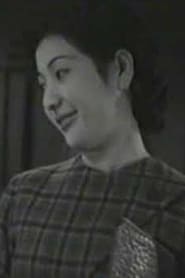detail profile sachiko chiba
Peran Yang Di Mainkan Sachiko Chiba
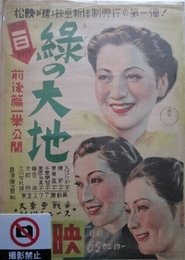 Set in Qingdao China a Japanese...
Set in Qingdao China a Japanese...Green Earth 1942
Set in Qingdao, China, a Japanese company locates an office there and begins work and cooperation with a local Chinese company for business. Many Japanese engineers also move to China, with their families, for the company in order to construct a canal. There are young Chinese resisting the Japanese in this area.
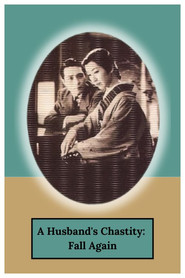 Kayo and Kuniko graduated from girls...
Kayo and Kuniko graduated from girls...A Husband's Chastity: Fall Again 1937
Kayo and Kuniko graduated from girls' school together and are as close as sisters. Kuniko's fiancé, Minakami, feels something that attracts him deeply towards Kayo. On the other hand, Kayo prays for the happiness of her best friend and marries a very ordinary man. However, at one point, this mediocre but increasingly ferocious husband died in an accident ... A triangular love story develops depicting a woman's heart that sways between love and morals.
 Kayo and Kuniko graduated from girls...
Kayo and Kuniko graduated from girls...A Husband's Chastity: If Spring Comes 1937
Kayo and Kuniko graduated from girls' school together and are as close as sisters. Kuniko's fiancé, Minakami, feels something that attracts him deeply towards Kayo. On the other hand, Kayo prays for the happiness of her best friend and marries a very ordinary man. However, at one point, this mediocre but increasingly ferocious husband died in an accident ... A triangular love story develops depicting a woman's heart that sways between love and morals.
 Story of a bandit king part 2
Story of a bandit king part 2Saga of the Vagabonds, Part Two: Forward at Dawn 1937
Story of a bandit king part 2.
 Story of a bandit king
Story of a bandit kingSaga of the Vagabonds, Part One: Tiger and Wolf 1937
Story of a bandit king.
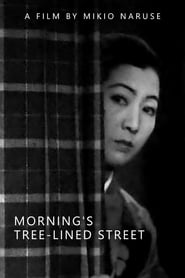 As suggested by the title this...
As suggested by the title this...Morning's Tree-Lined Street 1936
As suggested by the title, this film takes up the theme of the city, beginning with a series of traveling shots from Chiyo's point of view on a bus leaving the countryside and entering the metropolitan cityscape. After some fruitless job hunting in downtown Tokyo, Chiyo accepts a job as a bar hostess in Shiba ward. Well away from glamorous Asakusa and Ginza, this is a neighborhood bar where the women are dirt poor, each having only one kimono to their name....
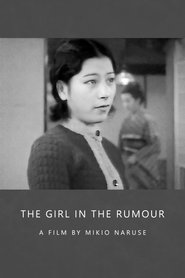 A story of two sisters the...
A story of two sisters the...The Girl in the Rumor 1935
A story of two sisters, the older being more traditional, the younger a "moga" ("modern girl"). Their widowed father runs the family sake shop, but is running into financial trouble, causing him to tamper with his stock; Meanwhile, his long-time mistress yearns for something more serious. Amidst this, the older sister is introduced to a well-off suitor: A university boy, much more intrigued by the less traditional little sister. A doddering grandfather, an officious uncle and busybody neighbors also don't make the lives of the hardworking members of the family any easier.
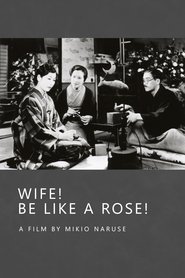 Kimiko a Tokyo whitecollar working girl...
Kimiko a Tokyo whitecollar working girl...Wife! Be Like a Rose! 1935
Kimiko, a Tokyo white-collar working girl, lives with her serious, intellectual, haiku-writing mother. Kimiko seeks to marry her boyfriend but needs her absent father to act as the go-between and negotiate the marriage. Kimiko travels and finds her father living with a second family.
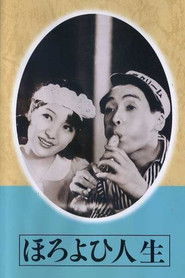 The film generally regarded as Japans...
The film generally regarded as Japans...Tipsy Life 1933
The film generally regarded as Japan’s first true musical was also the first film made entirely in-house by the pioneering studio P.C.L., a company founded specifically to take advantage of emergent sound technology. P.C.L. worked in collaboration with a brewer’s firm, Dai Nihon Biru, who met the production costs of the film in full, and whose products are featured in the film in an example of the sophisticated and modern merchandising typical of the studio’s early work. The film is partially set in a beer hall, and its story concerns a beer seller at a train station and her relationship with a music student trying to create a hit song. Director Sotoji Kimura was to become a company stalwart, making such films as Ino and Mon, while actress Sachiko Chiba would emerge the studio’s first real star, appearing in such films as Wife Be Like a Rose.
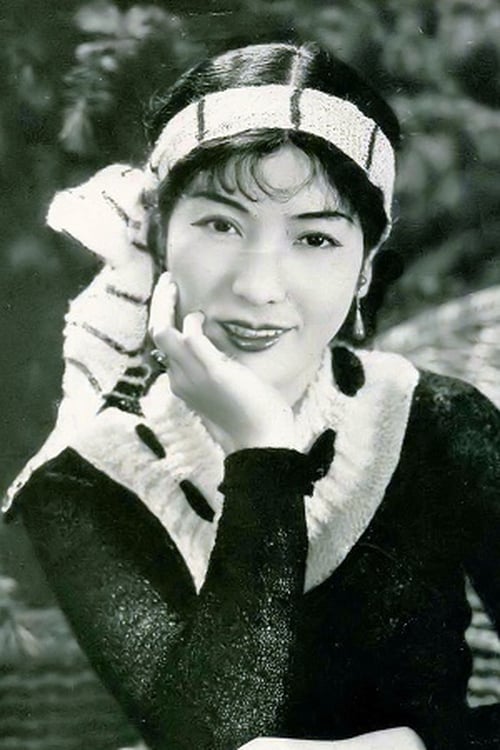
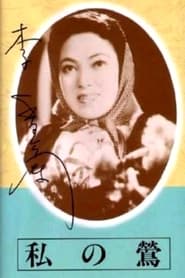 Sumida is separated from his wife...
Sumida is separated from his wife...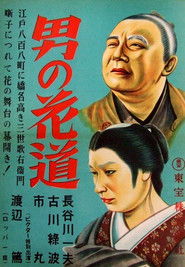
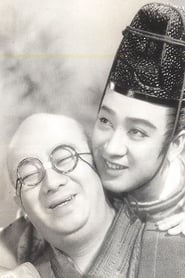 A sentimental tale of the filial...
A sentimental tale of the filial...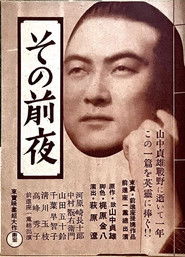 A forceful indictment of the devastating...
A forceful indictment of the devastating...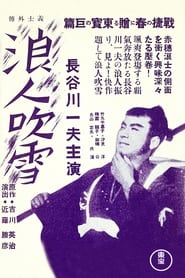 The film tells about the life...
The film tells about the life... The otherwise promising young man Asaji...
The otherwise promising young man Asaji...